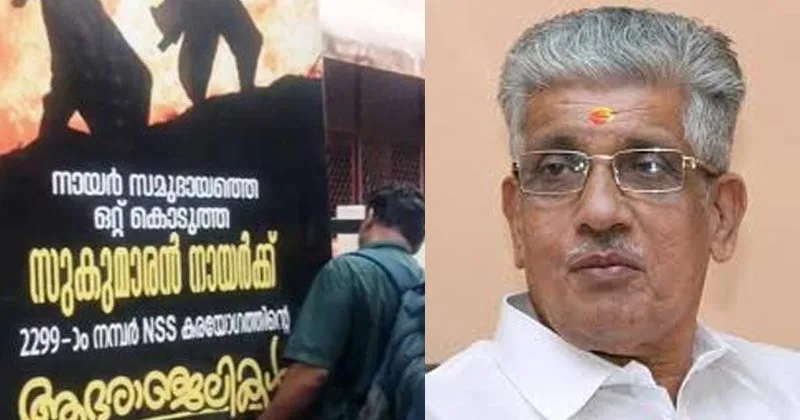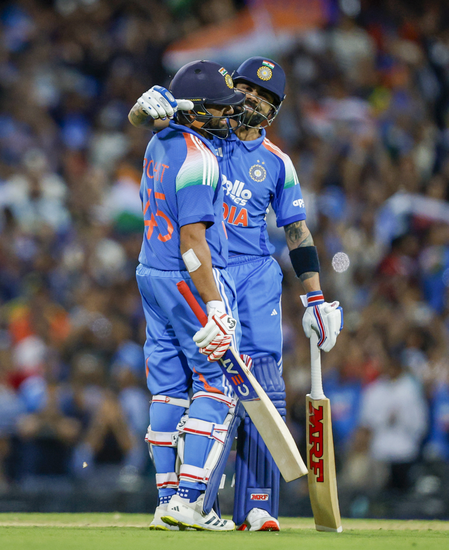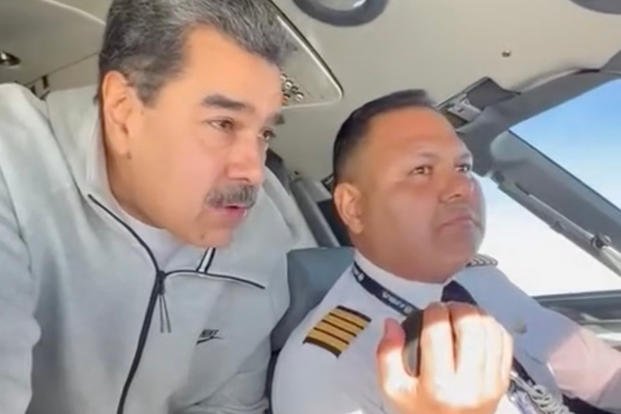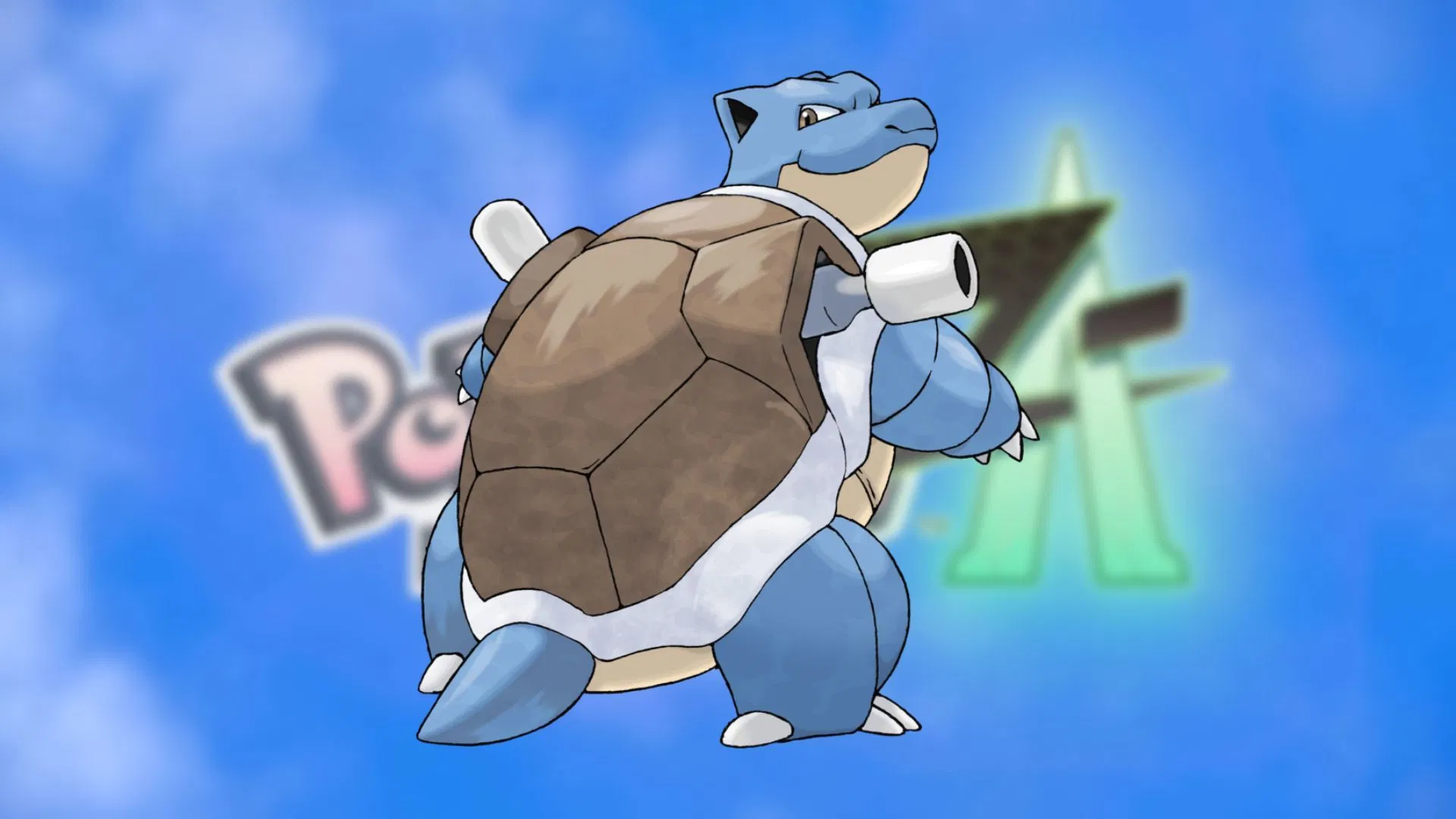Copyright news18
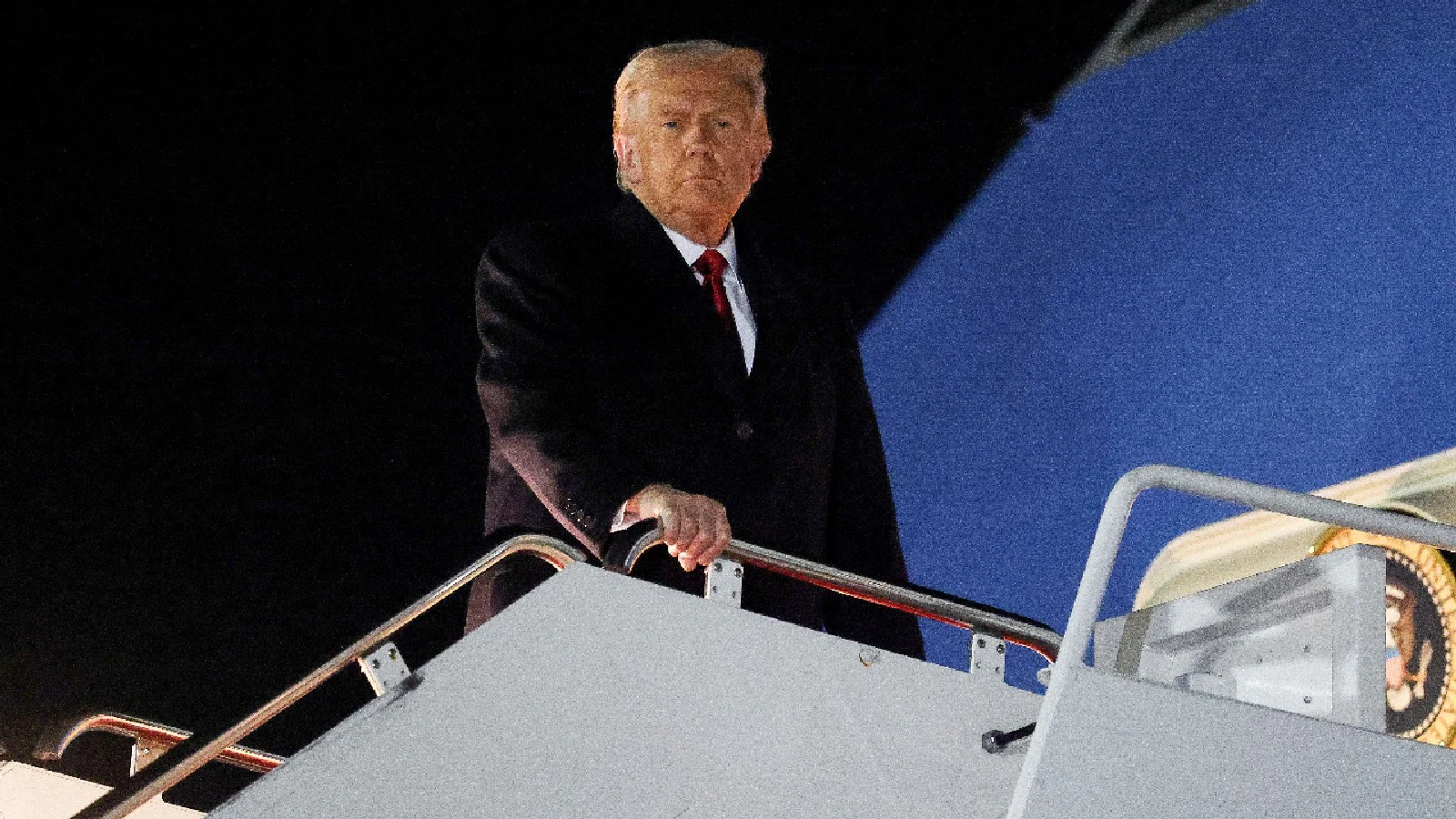
The Cartel of the Suns is an informal Venezuelan crime organisation allegedly headed by high-ranking members of the Armed forces of Venezuela who are supposedly involved in international drug trafficking. On July 25, 2025, the Department of the Treasury’s Office of Foreign Assets Control (OFAC) sanctioned the Cartel of the Suns as a Specially Designated Global Terrorist organisation. According to the Americans, it is a Venezuela-based criminal group supposedly headed by President of Venezuela, Nicolas Maduro Moros, and other high-ranking Venezuelan individuals in the Maduro regime that provides material support to foreign terrorist organisations, thereby creating a threat for the security of the United States. Secretary of State Marco Rubio reiterated the Trump administration’s view that Venezuela poses a serious threat to the US through the illegal drug trade. “Unfortunately, the regime that governs, but is not the government of Venezuela, is a transhipment organisation,” he said. “They allow cocaine from Colombia and other places to be shipped through national territory—not just with the cooperation, but in many cases, with the participation of elements of this regime.” The US has sent a flotilla to Venezuela that includes an aircraft carrier with 70 fighter jets and attack helicopters, a helicopter carrier with another 30 tilt-rotor aircraft and attack helicopters and nearly 2,000 Marines, the spearhead of an assault landing force, a guided-missile cruiser, six or more destroyers and other support ships. A US destroyer, the USS Gravely, and the Marine unit are already in Trinidad and Tobago, just six miles from the Venezuelan coast. Since September 2, 2025, US forces have bombed 10 boats, with eight of the attacks occurring in the Caribbean, for their role in allegedly trafficking drugs into the US. At least 43 people have died in the attacks. The US alleged that the vessels were operated by groups it designated as narco-terrorists, including the Venezuelan criminal organisation Tren de Aragua and the Colombian guerrilla group National Liberation Army, but has not publicised any evidence for the allegations. Tensions are mounting in the region, with Trump saying he has authorised CIA operations in Venezuela and that he is considering ground attacks against alleged drug cartels in the Caribbean country. Venezuelan President Maduro pleaded against a “crazy war”. Regional tensions have flared as a result of the campaign, with Maduro accusing Washington of seeking a regime change. “We know the CIA is present in Venezuela,” the country’s defence minister Vladimir Padrino said. “They may deploy—I don’t know how many—CIA-affiliated units in covert operations… and any attempt will fail.” Padrino was overseeing military exercises along Venezuela’s coast in response to the US military deployment in the Caribbean. Experts have questioned the legality of using lethal force in foreign or international waters against suspects who have not been intercepted or questioned. Self-defence, terrorism and a state of conflict have all been invoked as justification for attacks on the high seas. The Tren de Aragua is just a Venezuelan street gang. The Trump administration formally designated eight Latin American crime organisations as foreign terrorist organisations. The label is normally reserved for groups like al Qaeda or the Islamic State that use violence for political ends—not for profit-focused crime gangs. Trump recently ordered a strike on a small boat that he accused of carrying drugs in the waters off Venezuela. He says the strike killed four men but offered no details on who they were or what group they belonged to. Trump says in his own social media post that the boat was “loaded with enough drugs to kill 25 TO 50 THOUSAND PEOPLE” and implied it was “entering American Territory” while off the coast of Venezuela. Article 51 of the UN Charter on self-defence requires an ‘armed attack’ in order to trigger the right to an armed response. Shipping drugs or supplying them to willing customers clearly does not constitute an armed attack. Self-defence is therefore not available as justification for the US strikes. Instead, drug smuggling is clearly a matter for border control and law enforcement, along with steps to reduce domestic demand. There are many international conventions seeking to repress the drugs trade. However, these are not considered to be part of the legal regime addressing terrorism. The fact remains, for any country to invoke self-defence, it needs to be demonstrated that an assailant is just about to launch an armed attack akin to a military assault. Also, law enforcement statutes and rules dictate that the Coast Guard normally takes the lead in maritime law enforcement operations, using standard procedures to halt any suspected drug vessel. If the vessel refuses to comply, the Coast Guard may resort to firing warning shots and disabling fire. None of these procedures were followed. Secretary of State Marco Rubio revealed that, “Instead of interdicting it, on the President’s orders, we blew it up. And it’ll happen again. Maybe it is happening right now.” The decision to destroy and not interdict the alleged drug vessel, killing all civilians on board, raises a host of ethical and legal issues. In August 2025, the US government announced an increased reward of $50 million for information leading to the arrest and trial of Maduro, describing him as ‘one of the largest narco-traffickers in the world’. Never before has drug trafficking been treated as terrorism, and there is a danger that the Trump administration is attempting to open a new “forever war” against an amorphous set of actors who are not in reality engaged in hostilities against the United States. Borrowing language from the post-9/11 “Global War on Terror”, the Trump administration is trying to dress up counter-narcotics missions into counter-terrorism operations. It is like giving a new label to old wine. But applying a new label to an old problem does not transform the problem itself, nor does it empower the US president with any legal authority to kill unarmed civilians. Glenn Greenwald, in A Tragic Legacy: How a Good vs. Evil Mentality Destroyed the Bush Presidency says: “The fact that war is the word we use for almost everything—on terrorism, drugs, even poverty—has certainly helped to desensitise us to its invocation; if we wage wars on everything, how bad can they be?” The US experience of using the military in its war against drugs in Vietnam and Afghanistan has not been fruitful, but holds many bitter lessons. Hope Venezuela does not become another bitter chapter. The writer is Former Director General, Multi-Disciplinary School of Economic Intelligence, and National Academy of Customs, Indirect Taxes & Narcotics. Views expressed in the above piece are personal and solely that of the author. They do not necessarily reflect News18’s views.
